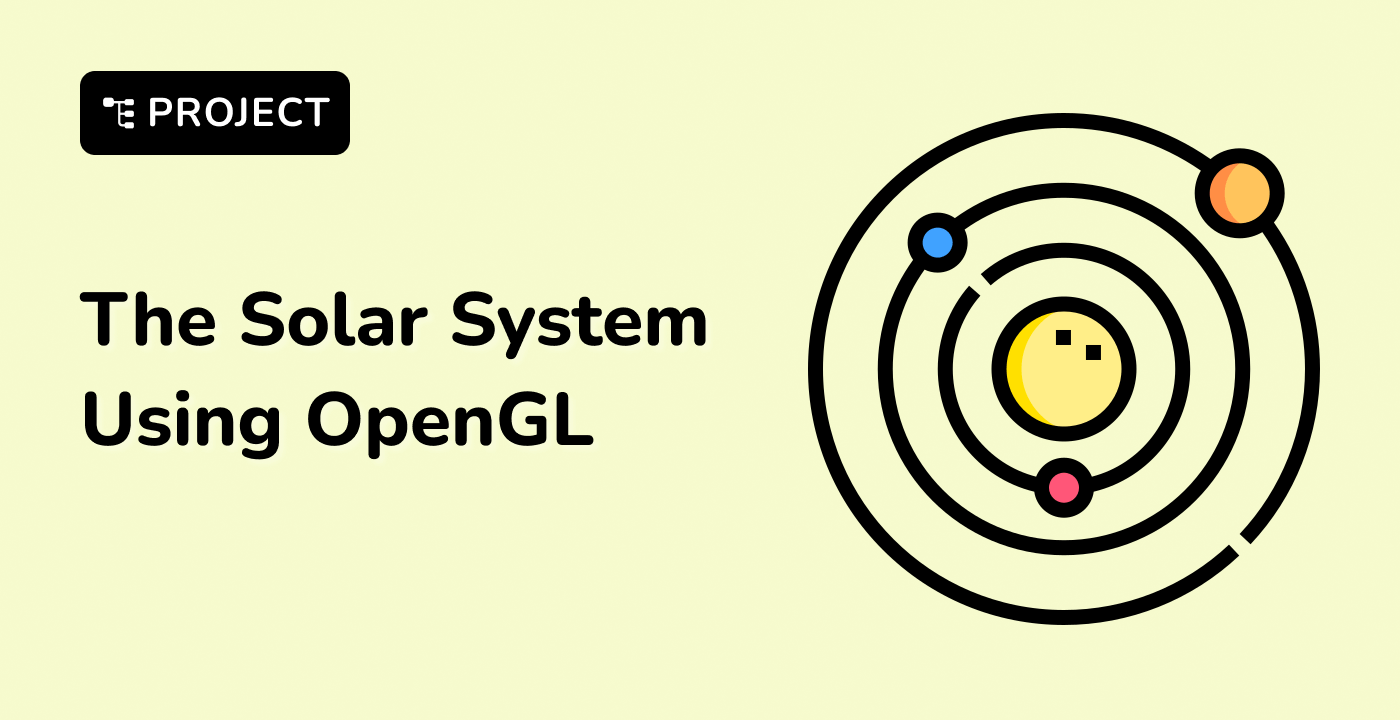Compiler Warning Basics
What are Compiler Warnings?
Compiler warnings are diagnostic messages generated during the compilation process that indicate potential issues in your code. Unlike errors, warnings do not prevent the code from compiling, but they signal potential problems that might lead to unexpected behavior or future complications.
Why Do Warnings Matter?
Warnings are crucial indicators of code quality and potential runtime issues. They help developers:
- Identify potential bugs
- Improve code reliability
- Prevent future performance problems
- Maintain clean and efficient code
Common Warning Categories
graph TD
A[Compiler Warnings] --> B[Syntax Warnings]
A --> C[Type Mismatch Warnings]
A --> D[Performance Warnings]
A --> E[Security Warnings]
| Warning Type |
Description |
Example |
| Syntax Warnings |
Indicate potential syntax issues |
Unused variables |
| Type Mismatch |
Highlight type conversion problems |
Implicit type conversions |
| Performance |
Suggest inefficient code patterns |
Unnecessary object copies |
| Security |
Point out potential security risks |
Uninitialized variables |
Compilation Warning Levels
Most compilers provide multiple warning levels:
-Wall: Enables most common warnings-Wextra: Enables additional warnings-Werror: Treats warnings as errors
Example of a Simple Warning
#include <iostream>
int main() {
int x; // Uninitialized variable warning
std::cout << x << std::endl; // Potential undefined behavior
return 0;
}
When compiled with g++ -Wall, this code will generate a warning about the uninitialized variable.
Best Practices
- Always compile with warning flags enabled
- Treat warnings seriously
- Understand each warning before suppressing it
- Use static analysis tools
LabEx Tip
At LabEx, we recommend developers pay close attention to compiler warnings as part of writing high-quality, robust C++ code.



